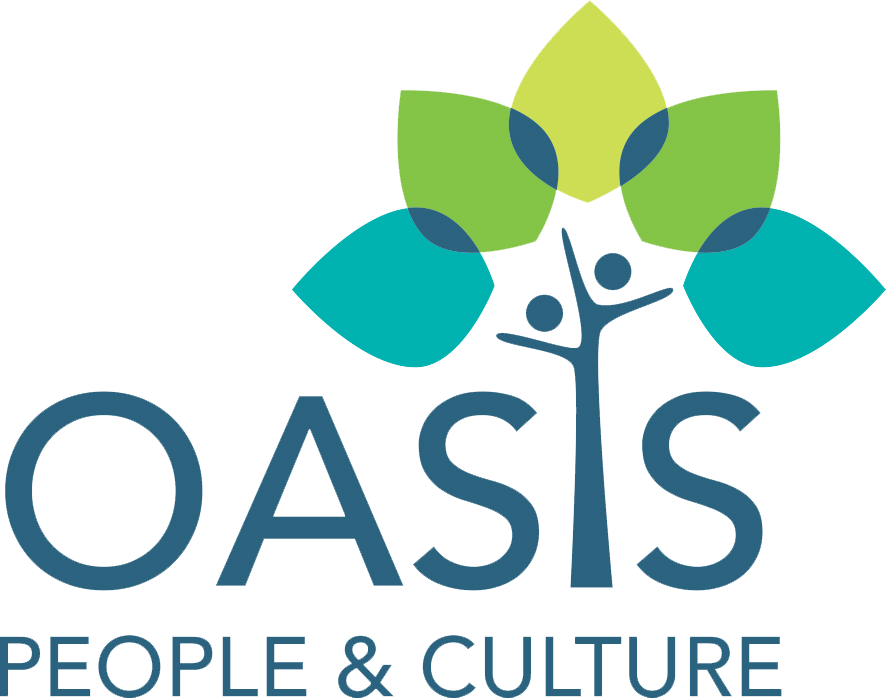"People who think they're reasonable don't agree on much, except that anyone who disagrees with them is unreasonable."
Brian McLaren
Recent political events in the States once again reveal an all too familiar pattern for us as humans. We have an extraordinary ability to sort ourselves, at speed, into competing tribes. Following a controversial event, including those we have no real relational connection to, we can find ourselves fiercely drawing lines and affixing labels, even to the point of assigning acquaintances and friends to categories drained of any humanity.
To me, you become "the Left", "the Right", “Anti-Vaxxers”, "Woke", "Fascist", "Suits", "Management", “Bleeding Hearts”, "Privileged", or "Progressives" (to name just a few!). Whether we’re reaching for political or day-to-day labels and judgements, we can confidently distil things down to one common idea: I am right and you are wrong.
Of course, this conflict cycle isn't new, and neither is the way to break it. I suppose I am using this article as a challenge to myself of how to navigate difference in more life-giving ways.
The Tar Pits – Where the Conflict IS the Destination
When it comes to conflict and labelling, Amanda Ripley's work (High Conflict: Why We Get Trapped and How We Get Out) offers a striking insight: the word "category" derives from the Greek "katēgoria," meaning "accusation." From a relational standpoint, the idea is that every time we categorise another person, we're unconsciously engaging in an act of judgement; an act that will likely distance us further and escalate conflict.
Our propensity to categorise and label people reveals something profound about our human tendency to organise the world through adversarial frameworks rather than collaborative ones.
In her book, Ripley's La Brea Tar Pits analogy perfectly captures how conflicts (whether political, ideological, vocational or familial) become inescapable traps, like the Le Brea Tar Pits were to thousands of animals who thought they had stumbled across an easy feed and fix. She writes:
"[High conflict] draws us in, appealing to all kinds of normal and understandable needs and desires. But once we enter, we find we can't get out. The more we flail about, braying for help, the worse the situation gets. More and more of us get pulled into the muck, without even realising how much worse we are making our own lives."
The key distinction between this kind of high conflict (where we get stuck) and what we might call good conflict isn't about the subject matter or even the intensity of emotion. It's about movement. In productive disagreement, questions get asked, genuine curiosity exists, and people emerge somehow better off. NOTE: I'm emphasising genuine curiosity here because of how easy it is to weaponise questions in order to trap, expose or disprove.
In high conflict, there's nowhere else to go. The conflict is the destination.
This stuckness can be further fuelled by what Ripley calls conflict entrepreneurs. Conflict entrepreneurs are people who profit emotionally, relationally, politically, or financially by keeping others divided. They take advantage of people’s mental shortcuts, particularly our unconscious tendency of cherry-picking information that confirms what we (and our group) already think rather than deeply listening and genuinely learning from others.
Neuroscience research reveals why it’s so easy for us to be drawn in by conflict entrepreneurs: group identity literally activates reward centres in our brains. So when we view our perspective as "the truth my tribe understands” rather than holding our view as simply "one perspective" among many, we're not simply being stubborn or one-eyed, we're going with the flow of neural pathways that equate group loyalty with survival and reward. This means that to do something else, takes conscious work.
Getting Beyond Us v Them
Listen for interests, not positions. When someone takes a strong stance, resist the urge to argue with their position and instead ask what they're trying to protect or achieve. In other words, asking a question like: What makes this so important to you? In doing this, we may discover shared concerns beneath opposing viewpoints, like wanting safe communities, procedural fairness, financial stability, or freedom and autonomy (and there are plenty more). Listening for interests opens pathways for creative solutions rather than leaving us with win-lose or lose-lose outcomes.
Consider your biases. Notice when you feel most certain about something, especially if it makes your "side" look good and the other side look bad. Our brains are pretty skilled at finding evidence that confirms what we want to believe whilst dismissing information that challenges us, so healthy scepticism about our own certainty is one of the most powerful tools for clear thinking. Take a look at Brian McLaren's 13 Biases to consider what might be at play for you.
Complicate the narrative with curiosity. Move beyond oversimplified explanations by asking questions that add nuance:
"What aspects of this are oversimplified?"
"What am I missing?"
"How might this look to someone with different experiences than mine?"
"What is at stake for me and for them?"
"Where do I feel torn?"
Questions like these don't weaken our position, they strengthen our understanding of reality's genuine complexity.
Travis Fitch is a Senior Consultant and AMDRAS Nationally Accredited Mediator with Oasis People and Culture.
If you or your team are needing support with a workplace conflict or making your way through a challenging issue, starting a conversation with Oasis may be your best next step.

